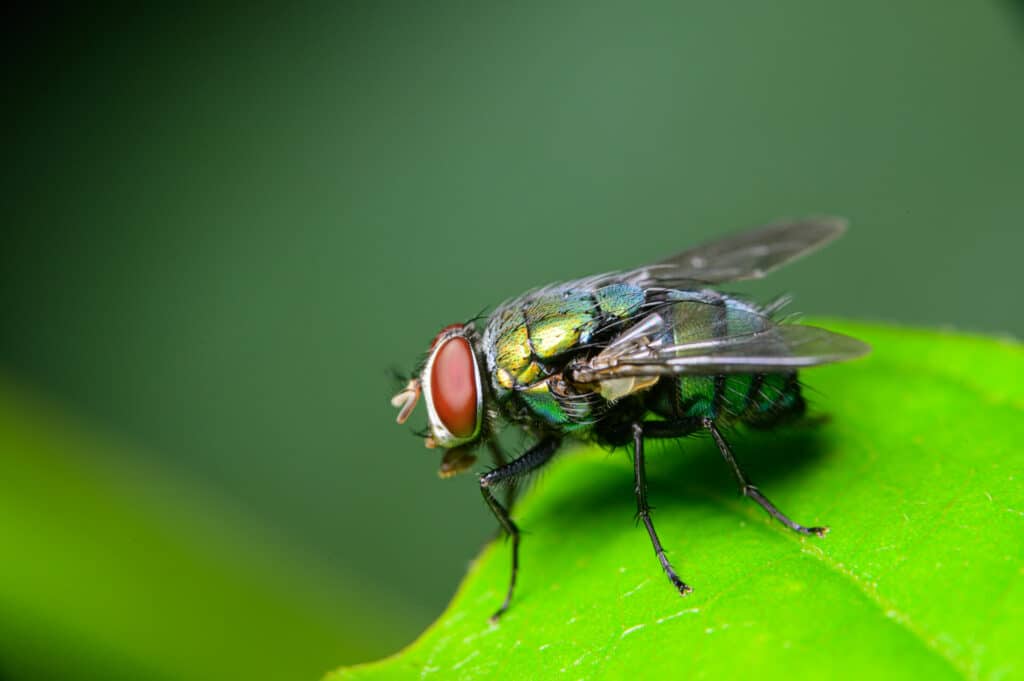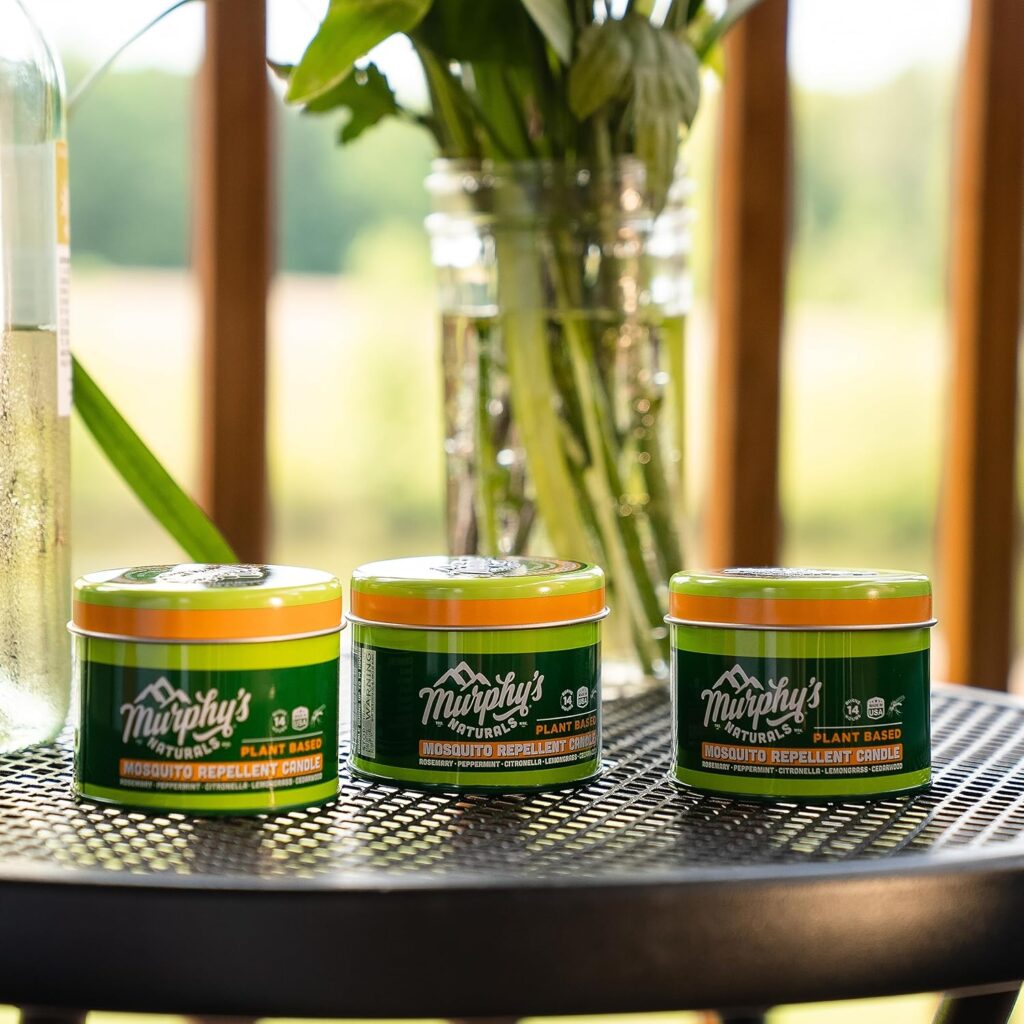Have you ever swatted away a house fly only to see it return moments later? These insects are not only an annoyance but also pose significant health risks. Understanding house fly diseases and how to effectively control their presence in your home is essential for maintaining a healthy living environment.
House Flies and Diseases

House flies are not just irritating; they are carriers of numerous diseases. These insects feed on fecal matter, trash, and decaying material, picking up pathogens that can be transferred to humans.
Diseases associated with house flies include salmonella, E. coli, and cholera. They collect these pathogens on their legs and mouths when feeding and can deposit them on food, kitchen surfaces, and utensils.
Other House Flies Risks
Beyond spreading diseases, house flies can contribute to other health issues:
- Allergic reactions: House flies can trigger allergies in some individuals. When broken down, their droppings and body parts become airborne and can be inhaled, causing respiratory reactions.
- Asthma: In homes with asthmatic individuals, flies can exacerbate symptoms due to the allergens they spread.
What Are House Flies Attracted To?

House flies are attracted to several things commonly found around homes:
- Food waste: They are drawn to any exposed food, especially sweet and fermenting items.
- Garbage: Decaying organic matter in uncovered trash bins provides both a food source and a breeding ground.
- Animal waste: Pet feces and other animal waste are attractive to house flies for both feeding and laying eggs.
- Standing water: Moist environments are ideal for breeding, so any stagnant water around your home can attract flies.
How to Get Rid of House Flies
Here are some tips for preventing house flies from becoming a problem in your home:
Maintain Cleanliness
House flies are attracted to any form of decaying organic material, including food waste. Do the following to deter them:
- Clean regularly: Wipe down counters, sweep floors, and clean up food spills immediately.
- Manage waste: Dispose of food waste in a sealed bin and ensure garbage is taken out regularly.
- Deep clean: Periodically, deep clean potential breeding areas, such as garbage can storage areas and drains where organic matter can accumulate.
Seal Entry Points
Preventing flies from entering can be as simple as blocking their access.
- Install screens: Install fine mesh screens on all windows and doors.
- Seal gaps: Check for and seal off any cracks or openings around doors, windows, and home foundations where flies might enter.
- Manage outdoor access: Keep doors and windows closed as much as possible, especially during hot weather when flies are most active.
Use Natural Repellents
Certain natural repellents can discourage flies from settling in your home.
- Herbs and plants: Grow plants like basil, lavender, and mint—which are natural fly repellents—near entryways and in window boxes.
- Essential oils: Use citronella, eucalyptus, and peppermint oils in diffusers or apply them near windows, doors, and other entry points.
Regular Monitoring and Traps
Setting up monitoring systems can help you catch a potential infestation early.
- Fly traps: Use sticky traps, UV light traps, or homemade traps with sugar water and dish soap to catch flies that enter the home.
- Regular inspections: Check your home regularly for signs of fly activity, particularly in attic spaces, basements, and near food storage areas.
Get Professional Help

Sometimes, despite best efforts, house flies can become a persistent problem. If you find yourself struggling to get rid of house flies, professional pest control services may be necessary. These experts can offer more effective solutions tailored to your specific situation, protecting your home from pest infestation.
If house flies are a concern in your home, don’t wait for the problem to worsen. Get in touch with us at Aptive, for expert advice and effective solutions. Protect your home and health today.








